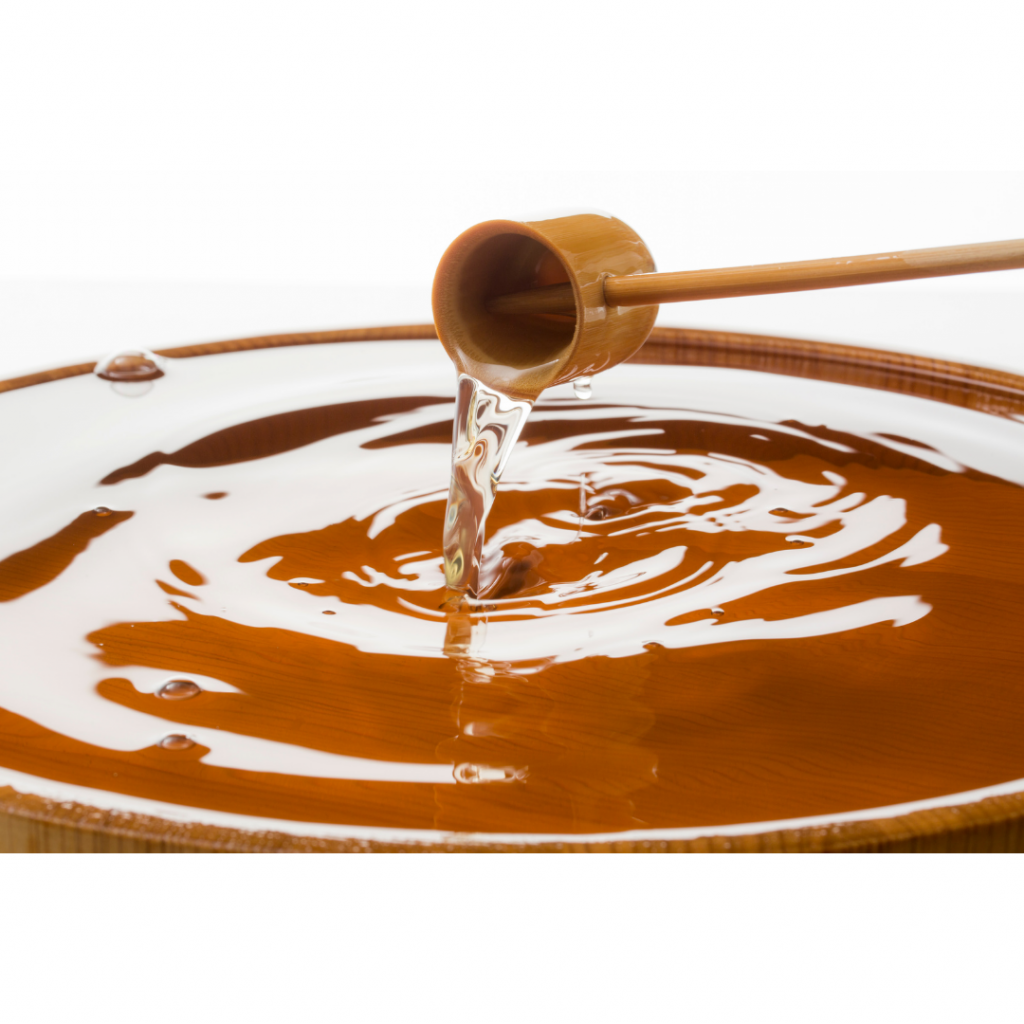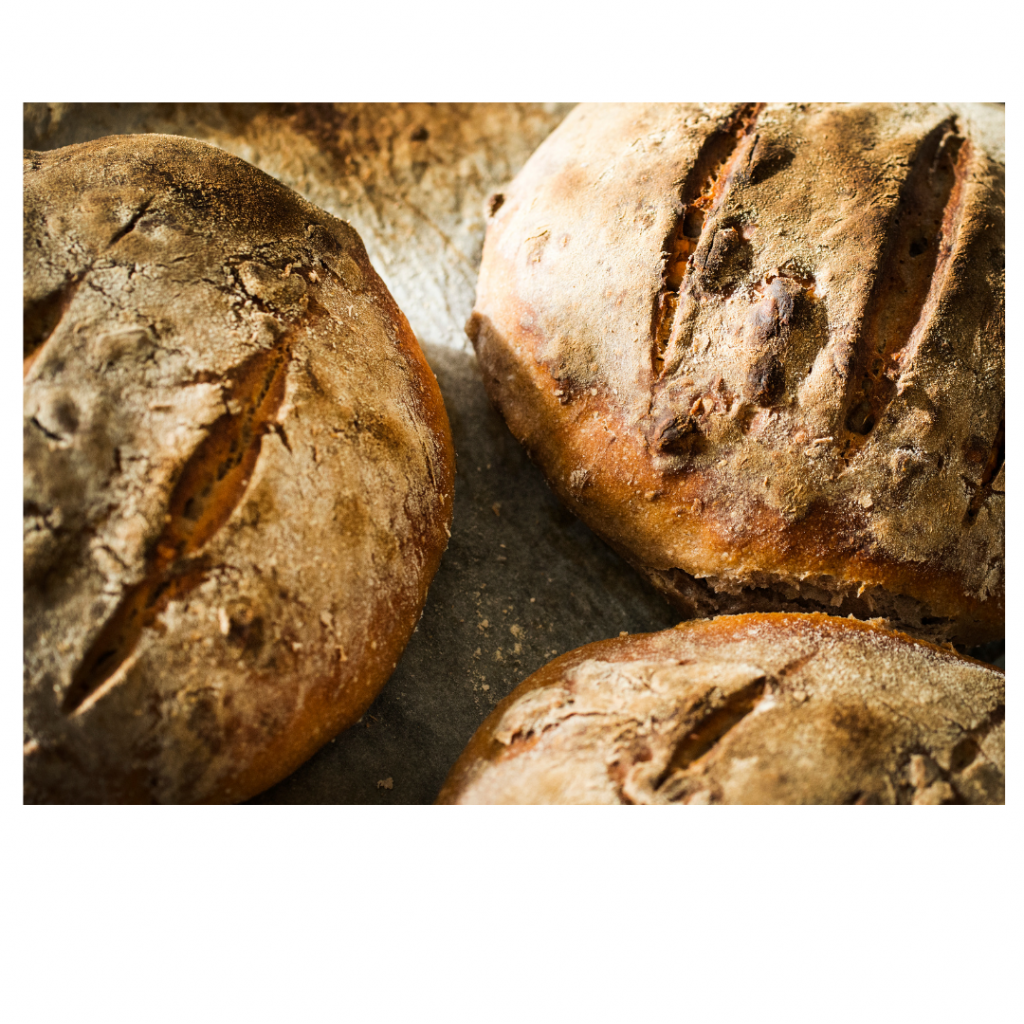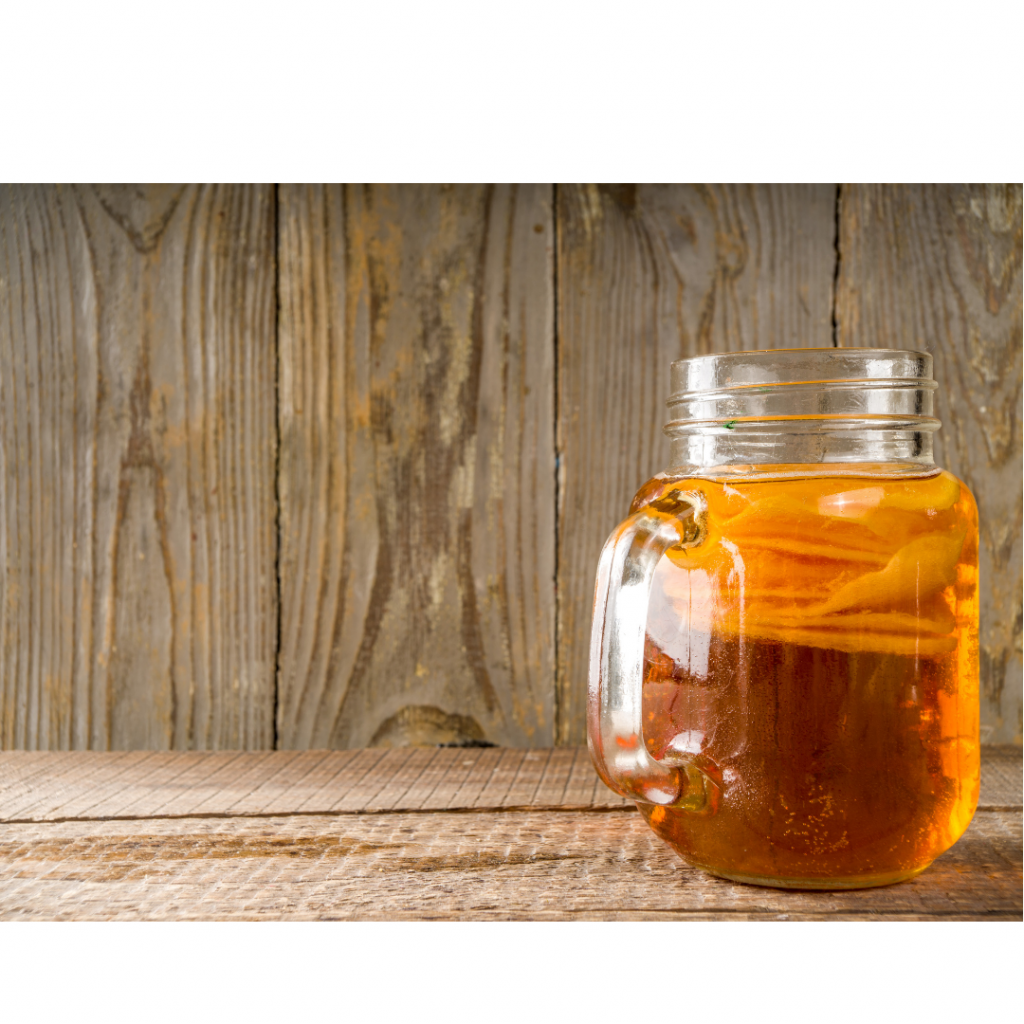When was fermentation first discovered and used? What was its purpose? Why should I even care? Read on to gain a brief history of fermentation and why this is important to you!

A Brief History of Fermentation
- Let’s start at the very beginning, shall we? Well, what exactly do we know about the beginning of fermentation anyways? As far as historians and researchers can tell, the earliest evidence of something fermented is milk into yogurt around 10,000 B.C.
- A large-scale excavation on the east coast of Sweden has revealed the most extensive food storage/preservation “processing plant.” Apparently fish were being fermented 9,200 years ago!

- In China, we have evidence of fermented drinks dating back as far as 7000 B.C.

- Next, we have the Egyptians utilizing yeast to ferment and leaven their bread around 3,500 B.C.

- Then comes the mighty pickle in 2,000 B.C., followed by…

- The first recorded use of fermented food for medicine in 500 B.C. by the Chinese. Antibiotics, anyone?

- But they aren’t done yet…they also introduce the world to what we now call Kombucha in 200 B.C.

- In 500 A.D. we have cereal/legume fermentation taking off.
- And finally, in 1665, Leeuwenhoek makes the discovery of microorganisms.
- This will segway us into the “modern” times of 1910 with Metchnikoff finding one of the most famous bacterial strains, lactobacillus acidophilus. This is what we now commonly call, probiotics.

And now you might be asking, “So what?” This brief history lesson on fermentation is important to me, how?
Why Fermentation History Is Important To Me
In order to answer this question, we need to know the reasons behind why food and drink were fermented in the first place. Let’s list these in order of historical appearance.
- Preservation
- Digestability/Taste
- Health/Medicine
Historical Food Fermentation for Preservation
Preserving food and drink is important in a pre-modern era because no refrigeration or modern food additives to elongate shelf life have been invented yet. Especially in hot climates, utilizing fermentation for say, milk, will prolong the shelf life sometimes up to weeks.
Application
How does that translate to you today? Essentially the same as it has for ages. Your milk, bread, and vegetable products stay good for longer (without harmful chemicals to elongate the shelf life), plus it has the advantage of beneficial organisms! Who doesn’t want that, right?
The Importance of Digestibility
Next, we move on to digestibility. Since we are on the topic of milk, let’s dive a little further in. Most people actually struggle with some form of lactose intolerance once they reach adulthood due to a decrease in the expression of the LCT gene. However, when fermenting milk in some way, the lactose brakes down via the helpful bacteria so that your body can assimilate it. The same type of scenario happens with grains, and a whole host of other foods. Most foods are plain undigestible without proper fermentation, and all have their nutrition and digestibility vastly increased through fermentation.
Application
This is a big ticket item for us to take note of. “Back in the day,” people knew which foods they really needed to ferment based on how their bodies felt if they didn’t ferment them. Today however, I’m not sure many of us are in tune enough to know when we feel good and when we don’t. Or maybe there isn’t a good baseline to compare with. I know I never had any fermented food until I made my own as an adult.
Today it is becoming commonplace to see people quite unexpectedly experiencing food allergies or sensitivities later in life. Also, children are suffering from allergies even as early as birth. The amazing thing about fermenting food is that the beneficial bacteria take the base parts of the food apart and rebuild them. The end result is the ability to actually absorb and use the nutrients. Your body no longer sees the food enzymes as dangerous, needing to be “attacked.” Instead, you can enjoy a healthy and well rounded diet without having to restrict important nutrients.
The Tangy Fermented Taste
Of course, taste is also a big factor in fermentation. I feel like mentioning sourdough is all that’s needed in order to drive that point home. However, if you have ever had sauerkraut, pickles (fermented, not in vinegar), homemade yogurt or kefir, beet kvass, etc. then you will understand the draw to fermented foods simply based on the depth of flavor that is experienced!
Fermented Food For Medicine
Last, but certainly not least, is food for medicine. I’ve already briefely touched on this point in the digestibility section, but it does deserve it’s own segment to expound on that idea. In medicine, we see antibiotics used in 500 B.C. What researchers have found since the 1970s regarding the intestinal tract is that it plays a huge role in the immune system and in varying diseases. Can you believe that 70% of the immune system is in the gut?! And you getting a cold or not isn’t the limit to possible benefits, although there is good evidence to show it helps protect against viruses. The “gut microbial communities” have a hand in such things as autoimmune diseases, cancer, bacterial infections, etc.
This has huge significance for us today! It’s amazing to think about the ailments listed above and the implications of fermented foods.
So What?
Wow, you made it through “a brief history of fermentation and why this is important!” But now what? I’m glad you asked. Remembering (or learning for the first time) how things began helps us understand the impact it can have in our daily lives in the here and now. Essentially, how is the history of fermentation important to me? Think of an ailment that either you have, or someone you know has. Is it possible there is a gut link to that issue? What can you do today to start addressing it? A great place to start is looking at more of the posts here at Healthy Joyous Living and taking your health into your own hands. No one will ever care more about your health than you!
Check out other posts about fermentation history, science and equipment below!
- The Science Behind Fermentation and it’s Benefits
- The Importance of Time Tested Fermenting Equipment
- The Best Fermenting Equipment To Use
- Discussion on Ferments Exposed to Oxygen
- Are Mason Jars the Best Tools for Fermentation?
- Pros And Cons Of The Mason Jar For Fermenting
- Dialogue on the Mason Jar and Oxygen Diffusion
- Important Gasses In Fermentation
- The Best Salt For Fermenting: Part 1
- The Best Salt For Fermentation: Part 2


Leave a Reply